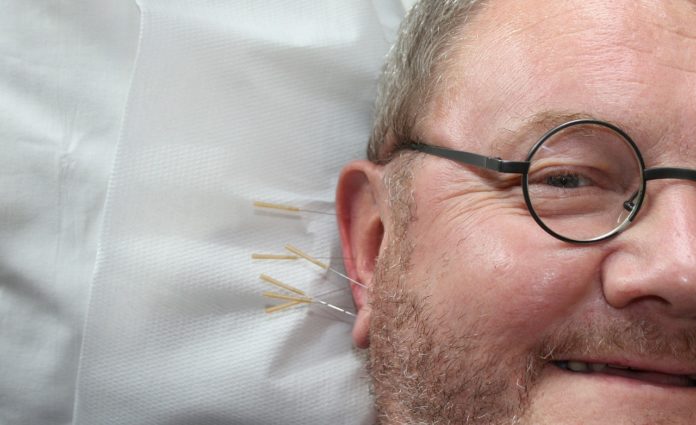When I was a young hospital intern, I decided to do an elective rotation with a father-son physician team who practiced acupuncture exclusively. I experienced first-hand how well it worked for the great majority of patients who came to the clinic. I was so impressed that I chose to do a second elective rotation in acupuncture with the same highly skilled doctors.
Acupuncture has a long history amongst Chinese and Asian medicinal practices. In fact, the practice predates recorded history. With such a long history it must work, at least for many patients. This is certainly what I observed during my training. WebMD reports, “For millions of people who live with pain, acupuncture is no longer an exotic curiosity. It’s now widely accepted among the medical community.” In fact, the debate today is often not whether acupuncture works, but how it works.
That being said, acupuncture is not something that just anyone can administer. It does come with risks. As you consider whether or not acupuncture is right for you, read the following.
Types of Acupuncture
Over 10,000 years, the practice of acupuncture has had plenty of time to develop. In that time, and with the help of modern technology, various offshoots have emerged. Three currently popular forms are traditional acupuncture, electroacupuncture, and simulated acupuncture.
Traditional Acupuncture
In ancient times, acupuncturists used fine medical needles carved from stone. Today, they use thin needles of various metals and place them into the skin at certain points of the body. They may place them in the back, limbs, hands, feet, or even on the top of the head, depending on the goal. A patient then relaxes with the needles there, perhaps listening to soothing music, for ten minutes or more. When the needles are removed, barely perceptible perforations remain in the skin and heal quickly. Many individuals use this ancient practice as an alternative to prescription drugs when dealing with chronic pain. Others turn to it to relieve allergies, digestive issues like gastroparesis, an even autoimmune disease.
Electroacupuncture
Electroacupuncture has a much shorter history. Historians can’t agree on whether it was developed by the French and Italians in the 1800s, by the Japanese in the 1940s, or by the Chinese in the 1950s. No matter who you chose to believe, it is now one of the most widely used methods of the treatment.
It works similarly to its parent method. A practitioner places metal needles through the skin in particular parts of the body. They then clip the conductor to a group of needles to which electric pulses are applied. Acupuncture Today suggests that this method is advantageous because it does not need to be applied as accurately as normal acupuncture. The electro-pulses reach a larger area than needles alone. It should, however, be limited to 30-minute sessions.
Simulated Acupuncture
With this method, acupuncturists simulate the act of placing a needle without actually breaking the skin. Instead, they place a toothpick or something of the like through a guiding tube to make the patient feel as though their skin is being pierced.
The Karolinska Institute in Stockholm conducted a study of simulated acupuncture on cancer patients. The study showed no difference in nausea between a group of patients who received simulated acupuncture and one who received traditional acupuncture. However, both groups experienced less nausea than a group that received medicine instead. Research is still being done as to why patients receive benefits from simulated acupuncture. Scientists believe it is due to a placebo effect.
Do Your Homework Before Selecting an Acupuncturist
Before you try acupuncture, research the acupuncturist thoroughly. The NIH explains that most states require a license for acupuncturists. Look for, at a minimum, a certificate or registration to practice acupuncture.
Individuals who lack the proper training could do more harm than good to your body. Problems that could arise from improper acupuncture practice include:
- Infections from improperly sterilized needles
- Punctured organs
- Collapsed lungs
- Injury to the central nervous system.
Ask for a referral from your family doctor. Or, better yet, seek a doctor who practices both western medicine and eastern modalities like acupuncture. Then that person can take a more holistic view of your health needs.
As a highly personalized service that requires a long appointment time, it can be costly. Your insurance provider may cover a portion of it. If the price of acupuncture seems too good to be true… it probably is! Don’t take unnecessary risks. Do your research to make sure that you are using a qualified practitioner.
If you’re still unsure as to whether or not acupuncture is right for you, contact me for a consultation. We can discuss your symptoms and medical history, along with the reasons you’d like to try it. I will help you discover if this is the right treatment for you.








